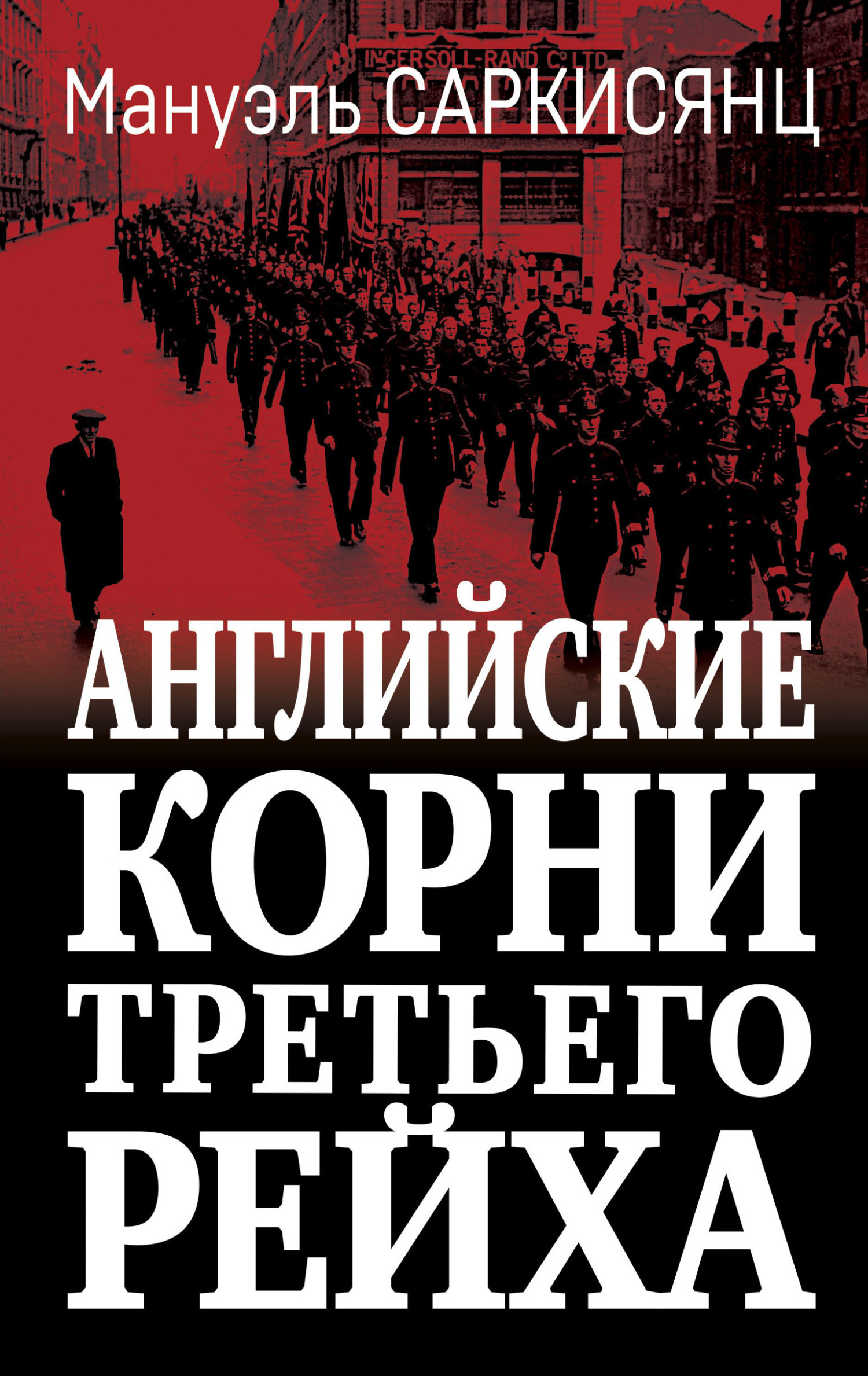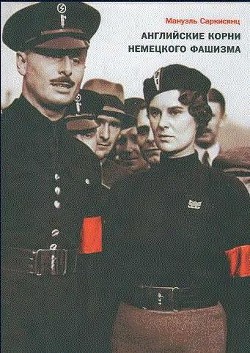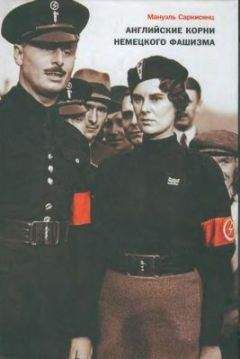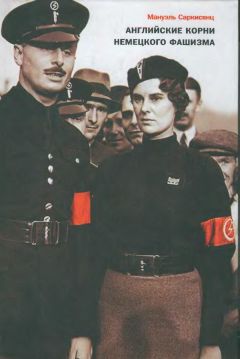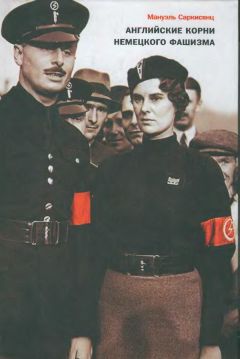Кокрен, второй барон Ламингтон (1860–1940) – англ. колониальный деятель.
Уоллоп Джерард Верной, девятый граф Портсмут (1898–1984).
R. Griffiths, Fellow Travellers of the Right, p. 320.
Ibid., p. 321; Earl of Portsmouth, Gerald Wallop, A Knot of Roots (New York, 1965), p. 127, 128, 13If; Fergal Keane, «Save us from our friends… Aung San’s murder»: The Manchester Guardian of 19. July, 1997.
Cowling (wie Anm. 925), S. 239.
Фримен-Митфорд Дэвид Бертрам Огилви, второй барон Ридсдейл (1878–1958).
Hitler, Monologe, S. 466.
David Pryce-Jones, Unity Mitford. A Quest (1976), p. 232, 235; Griffiths, p. 173f.
Randall Bytwerk, Julius Streicher (wie Anm. 50), S. 35.
Saturday Review of 20. and 6. June 1936 in Griffiths, p. 234.
Robert Bruce Lockhart, Diary. Edited by yon Kenneth Young (London, 1973), entry of 14. September 1934, in Griffiths, p. 169.
Griffiths, p. 225; David Pryce-Jones, Unity Mitford. A Quest (1976), p. 110.
Hans Adolf Jacobsen, Nationalsozialistische Aussenpolitik 1933–1938 (Frankfurt, 1968), S. 334.
Thost, Als Nationalsozialist in England (Munchen, 1939), S. 222, 17; Cowling, p. 118, 119, 157.
Cowling, p. 120f.
Гарвин Джеймс Луис (1868–1947).
Cowling, p. 122, 135; cf. B. Semmel, Imperialism and Social Reform, p. 256.
H. Frankel & R. Manvell, Hermann Goering (Hannover, 1964), S. 171.
Cowling, p. 166, 162.
Фиппс Эрик Клэр Эдмунд (1875–1945).
Поль-Бонкур Жозеф (1873–1972) – фр. полит. деятель, публицист и юрист, в 1932–1933 гг. – премьер-министр, в 1932–1934 гг. и 1938 г. – министр иностр. дел.
Cowling, p. 284–285; cf. Josef Henke, England in Hitlers politischem Kalkul (1973), p. 14; Martin Thomas, Britain, France and Appeasement (Oxford, 1956), p. 91f; Robert Rhodes James (Editor), Chips: The Diaries of Sir Henry Channon (London, 1967), p. 198: 11. May 1939.
English Review of September 1936, p. 204 in Griffiths, p. 233.
Enrique Moradiellos, La perfidia de Albion. El gobierno britanico у la guerra civil espafiola (Madrid, 1996), p. 201.
Cowling, p. 275, 273.
Cowling, p. 263, 281.
Cowling, p. 160–162, 274–275.
On Wilson-Knight cf. James Anthony Froude, cited by Hans Galinsky, «Sendungsbewusstsein der politischen Fuhrungsschicht im heutigen Britentum»: Anglia, Zeitschrift fur englische Philologie, Vol. LXIV (Halle, 1940), S. 319; F. Brie, Imperialistische Stromungen in der englischen Literatur (Halle, 1928), S. 128.
Cowling, p. 266, 125, 376.
Keith Middlemas, The Strategy of Appeasement. The British Government and Germany 1937–1939 (Chicago, 1972), p. 100: Parliamentary Debates, Fifth Series, Vol. 332 in House of Commons, February, 1938, Hansard (London, 1938), Col. 227.
Cowling, p. 126, 269–270; J. A. Cromb, Reflections on Destiny of Imperia Britain (London, 1900), p. 209.
Cowling, p. 162, 169; T. Kushner & K. Lunn, Traditions of Intolerance… Fascist and racist discourse in Britain (Manchester, 1989), p. 183; Domville Diaries of 12. November, 1939; cf. Gaines Post, Dilemmas of Appessement (Ithaca, USA, 1993), p. 60 and Douglas Little, Malevolent Neutrality (Ithaca, USA, 1985), p. 43.
Transatlantisches Ferngesprach mit Professor Dr. Hans-Adolf Jacobson vom 8. Mai 1996; Jan Colvin, The Chamberlain Cabinet. How the meetings … led to the Second World War (London, 1971), p. 266, 260; L. Amery, My political Life (London, 1955), Vol. III, p. 309; Carrelli Barnett, The Collapse of British Power (1997), p. 573; R. Cockett, Twilight of Truth (London, 1989), p. 83, 82, 189, 188.
Ivonne Kirkpatrick, Inner Circle (London, 1957), p. 195; Margaret George, Warped Vision. British foreign policy 1933–1939 (Pittsburgh, USA, 1965), p. 199; William Rock, British Appeasement in the 1930’s (London, 1977), p. 28, 67, 89f.
Erich Kordt, Nicht aus den Akten. Die Wilhelmstrasse in Frieden und Krieg. Erlebnisse, Begegnungen und Eindrucke 1928–1945 (Stuttgart, 1950), S. 248; internationale Militargerichtshof, IV, S. 466: Jodl; Meehan, Unnecessary War, p. 135.
Winston Churchill, The Second World War, I: The Gathering Storm (London, 1950), p. 281f, 286, 301f; Robert Caputi, Neville Chamberlain and Appeasement (London, 2000), p. 50; Andrew Rothstein, The Munich Conspiracy (London, 1958), p. 194f; Jan Colvin, The Chamberlain Cabinet. How the meetings … led to the Second World War (London, 1971), p. 269; L. S. Amery, My political Life (London, 1955), Vol. III, p. 288f; cf G. Jukes, «The Red Army and the Munich Crisis»: Journal of Contemporary History, Vol. XXVI, p. 202, 203.
Hitler, Zweites Buch (wie Anm. 3), S. 147.
Albert Sneer, Erinnerungen (Frankfurt, 1969), S. 125.
Nuerenberg Trial of the Major War Criminals, XI, S. 2: Rothstein, p. 198; Patricia Meehan, p. 134.
Heinz Drummel, Vom Anschluss zum Krieg (Wien, 1989), S. 263.
Siegfried Westphal, Heer in Fesseln. Aus Papieren des Stabschefs von Rommel, Kesselring und Runstedt (Bonn, 1950), S. 73f; Rothstein, S. 201; Kimche, The Unfought Battle (London, 1968), S. 29; Robert Caputi, Neville Chamberlain and Appeasement (London, 2000), p. 210.
Nuerenberg Trial (…), XV, p. 320, 368f in: Rothstein, S. 195.
W. Jaksch, Der Weg nach Potsdam (Stuttgart, 1958), S. 317.
Целый набор казуистических рассуждений на эту тему приводит, например, в контексте своей апологии Чемберлена венгерский историк Джон
